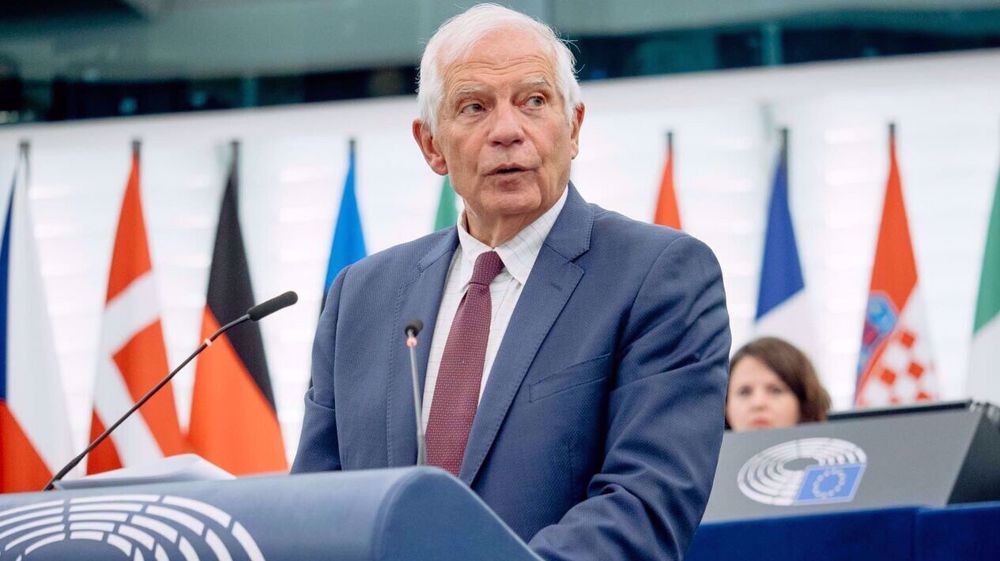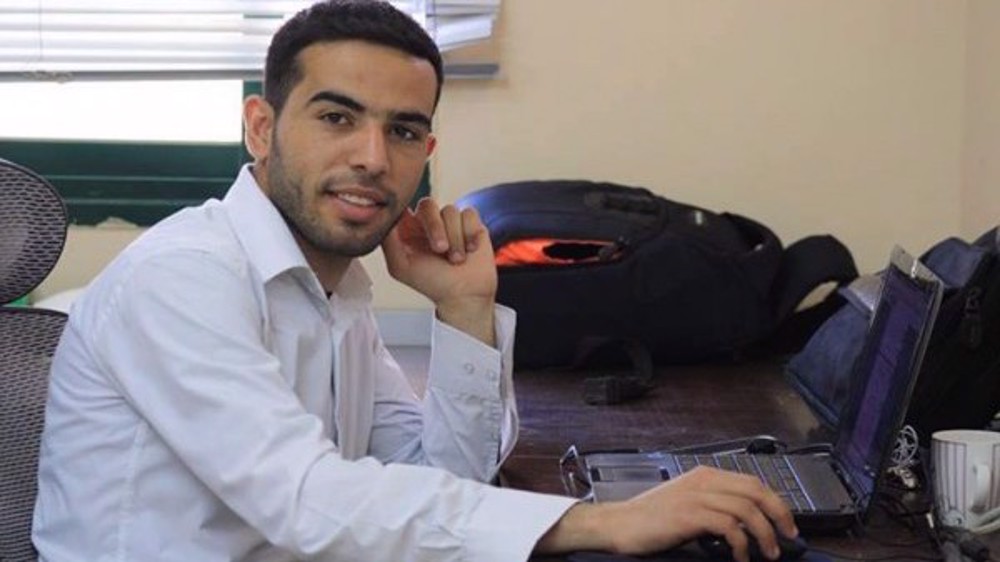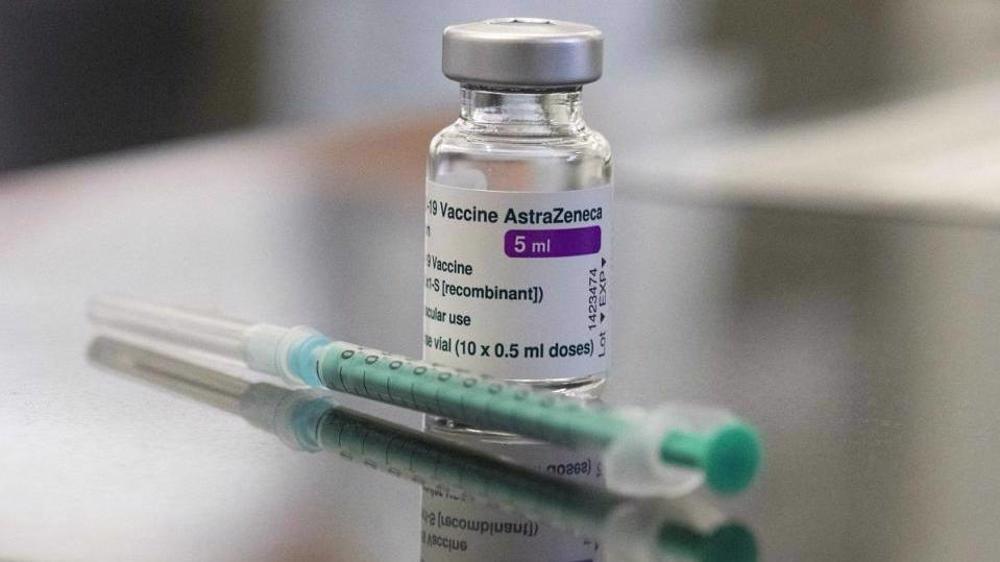More European, Asian countries stop AstraZeneca vaccine rollout due to side effects
The Netherlands, Ireland, Indonesia, France and Germany have become the latest countries to stop using AstraZeneca coronavirus vaccine over fear of deleterious side effects after a number of other countries, including Norway, did the same.
In a statement on Sunday, the Dutch government announced that it had banned the use of the vaccine until at least March 29 as a “precautionary” measure, following reports of serious cases of blood clots among people vaccinated with AstraZeneca’s COVID-19 vaccine.
The move is expected to slow down the Netherlands’ vaccination rollout, which had pre-ordered 12 million doses of AstraZeneca vaccine.
Dutch health authorities had scheduled around 290,000 AstraZeneca injections in the next two weeks.
The Netherland’s decision came after reports of serious blood clotting in some recipients in Norway.
On Saturday, Norwegian health authorities said three health workers in the country who had recently received the vaccine were being treated in hospital for bleeding, blood clots and a low count of blood platelets.
"We can't allow any doubts about the vaccine," Dutch Health minister Hugo de Jonge said.
"We have to make sure everything is right, so it is wise to pause for now."
De Jonge said the latest decision was made after the European Medicines Agency (EMA) said as of March 9, 22 cases of blood clots had been reported among more than three million people vaccinated in the European Economic Area, the EMA said.
Earlier this week, the drugmaker said its shots were subject to strict and rigorous quality controls and that there had been “no confirmed serious adverse events associated with the vaccine.”
Ireland made a similar decision earlier on Sunday after fears of a link to blood clots triggered suspensions across Europe.
Ireland's National Immunisation Advisory Committee (NIAC) decided to temporarily suspend the use of vaccines from this batch, until more information is received from the EMA in the coming days.
"It may be nothing, we may be overreacting and I sincerely hope that in a week's time ... we will have been accused of being overly-cautious," Irish Deputy Chief Medical Officer Ronan Glynn said.
"Hopefully we will have data to reassure us in a few short days and we will be back up and running with this."
France says to suspend AstraZeneca vaccine pending EMA guidance
In another development on Monday, President Emmanuel Macron said the country will stop administering AstraZeneca's COVID-19 vaccine pending an assessment by the European Medicines Agency (EMA) due on Tuesday.
Macron added that the EMA regulator was expected to give guidance on Tuesday afternoon after a number of countries suspended use of the AstraZeneca shot.
"The decision which has been taken out of precaution is to suspend vaccinating with the AstraZeneca vaccine in the hope that we can resume quickly if the EMA gives the green light," Macron told a press conference with Spain's prime minister, adding, "We are therefore suspending its use until tomorrow afternoon."
Health Ministry: Germany to halt AstraZeneca vaccinations
Meanwhile, a spokesman for Germany's Health Ministry Germany said the country will stop administering AstraZeneca’s COVID-19 vaccine, following reports of recipients being taken ill.
The ministry said the new guidelines implemented a recommendation from the Paul Ehrlich Institute, Germany’s authority in charge of vaccines.
"Following a recommendation from the Paul Ehrlich Institute, the government is, out of caution, halting the administration of the AstraZeneca vaccine," the ministry said in a statement, adding that Health Minister Jens Spahn would provide further details at a news conference at 4 p.m. local time (1500 GMT).
This is while Lothar Wieler, head of Germany's Robert Koch Institute for Infectious Diseases, had said last week that there was no evidence that patients who received the vaccine were more likely than patients of a similar age group to suffer blood conditions.
The latest developments come as Italy, Denmark, Norway, and Iceland have already announced that they were temporarily suspending the use of AstraZeneca/Oxford coronavirus vaccine shots after reports of the formation of blood clots in some who had received the shots.
Four other European countries — Estonia, Latvia, Lithuania, and Luxemburg — have also suspended the use of vaccines from this batch, which was sent to 17 European countries and consisting of one million jabs.
Last Monday, Austria also announced that it had suspended the use of a batch of AstraZeneca vaccines after a 49-year-old nurse died of “severe blood coagulation problems” days after receiving an anti-COVID shot.
Spain suspends use of AstraZeneca vaccine for two weeks: minister
Spain also announced later on Monday that it is suspending the use of the AstraZeneca vaccine for at least a fortnight.
"We have decided to temporarily suspend (use of the AstraZeneca vaccine) as a precaution for at least the next two weeks," Spain’s Health Minister Carolina Darias told reporters just hours after Germany, France and Italy announced similar moves, Reuters reported.
She said the decision would remain in place until the European Medicines Agency (EMA) "analyses the recent incidences of blood clots, notably over the weekend."
At least five Spanish regions had said on Friday that they were suspending use of a suspect batch of the vaccine as a precautionary measure.
Earlier on Monday, Marco Cavaleri, head of EMA's vaccines strategy, said the agency was "scrutinizing all the data, particularly the fatal cases that have been reported."
The EMA said the suspected side effects included blood clots, and in some cases "unusual features" such as low numbers of platelets -- blood cells that aid clotting.
Indonesia 'delays' rollout of AstraZeneca jab
Meanwhile, Indonesia says it has decided to delay the rollout of AstraZeneca's COVID-19 vaccine due to blood clot fears and would await a review by the World Health Organization (WHO) into blood clot fears.
"To be conservative, (Indonesian health regulators) are delaying the implementation of AstraZeneca while waiting for confirmation from WHO," Indonesia’s Health Minister Budi Gunadi Sadikin told a parliamentary hearing on Monday.
Indonesia received 1.1 million doses of the AstraZeneca vaccine via the COVAX vaccine-alliance scheme this month and was set to receive some 10 million more by late April.
The latest decision will leave Indonesia with just one approved vaccine, developed by China’s Sinovac Biotech, for use in its nationwide vaccination drive.
Its immunization program started in January and aims to inoculate more than 181 million of its nearly 270 million people within a year.
The Southeast Asian country has been grappling with the worst outbreak in the region, having recorded more than 1.4 million infections and 38,500 deaths, although the true toll is thought to be higher.
Thailand on Friday became the first Asian nation to suspend the use of the AstraZeneca shot over safety concerns.
AstraZeneca is one of just a handful of coronavirus vaccines being rolled out globally -- and as one of the cheapest on the market is crucial to ensuring poorer countries have access to the jab.
VIDEO | Taliban press ahead with war on drugs
VIDEO | UK govt. Rwanda bill denounced as 'state-sponsored people trafficking'
VIDEO | Iran president visits Lahore, Pakistan’s cultural hub
North Korea: US military drills drive regional security into turmoil
UN agency chief for Palestinians urges probe into staff killings
200 days of Israeli war on Gaza and 200 headlines whitewashing genocide
VIDEO | 200 days of US-Israeli genocide
Iran’s security chief in Russia to underline Israel’s aggression













 This makes it easy to access the Press TV website
This makes it easy to access the Press TV website